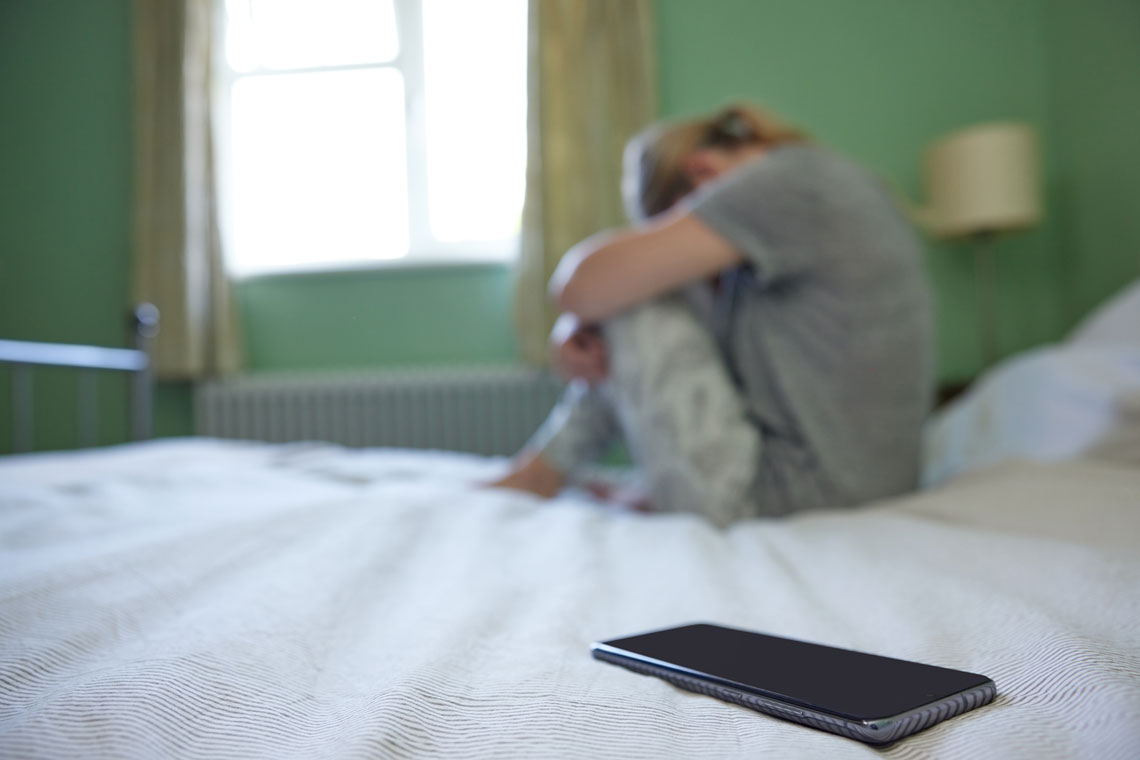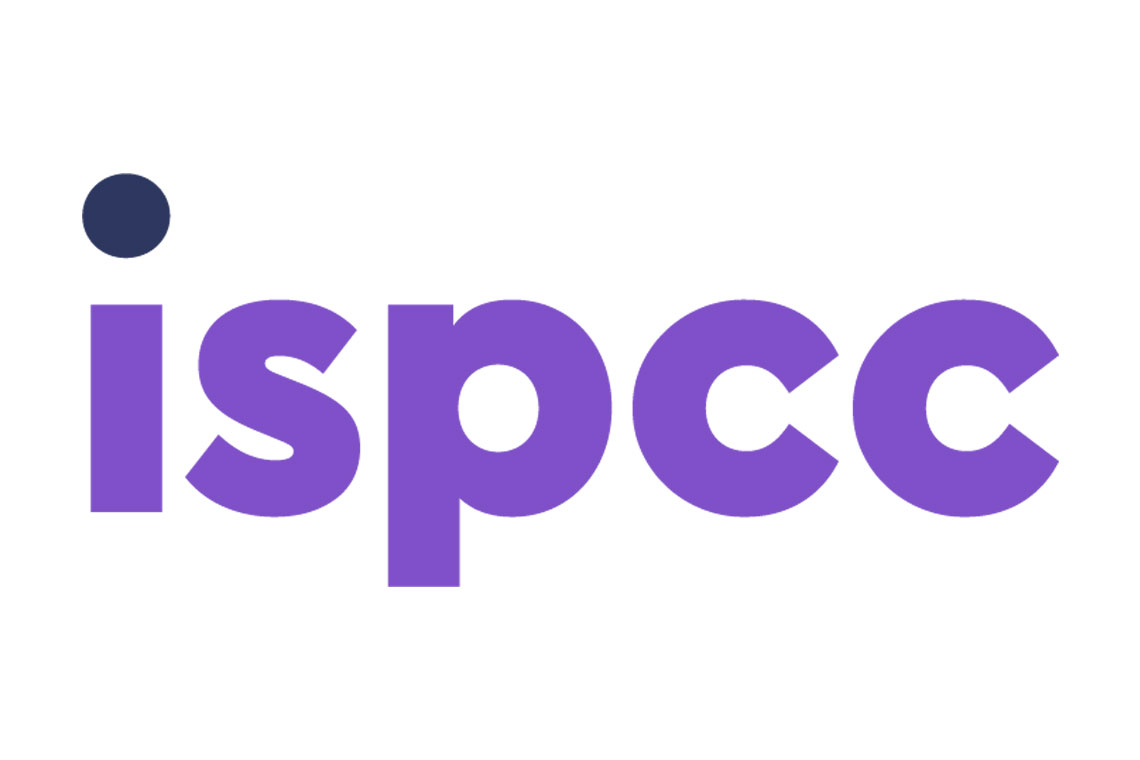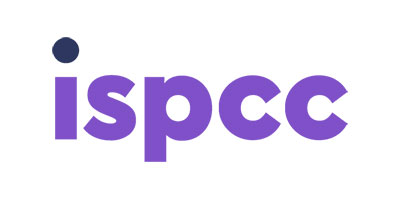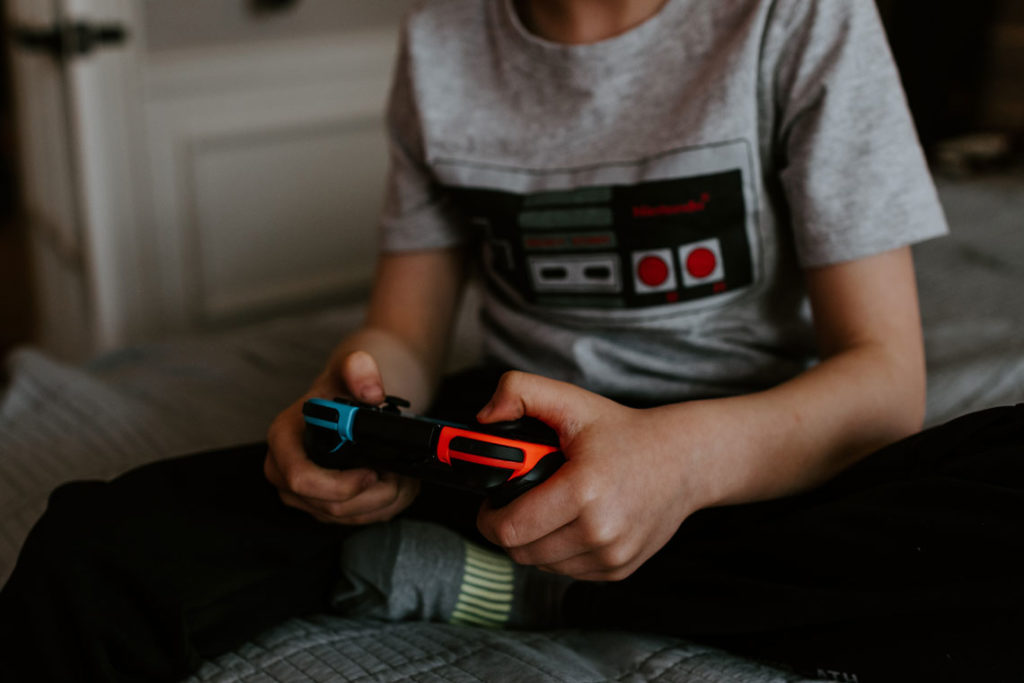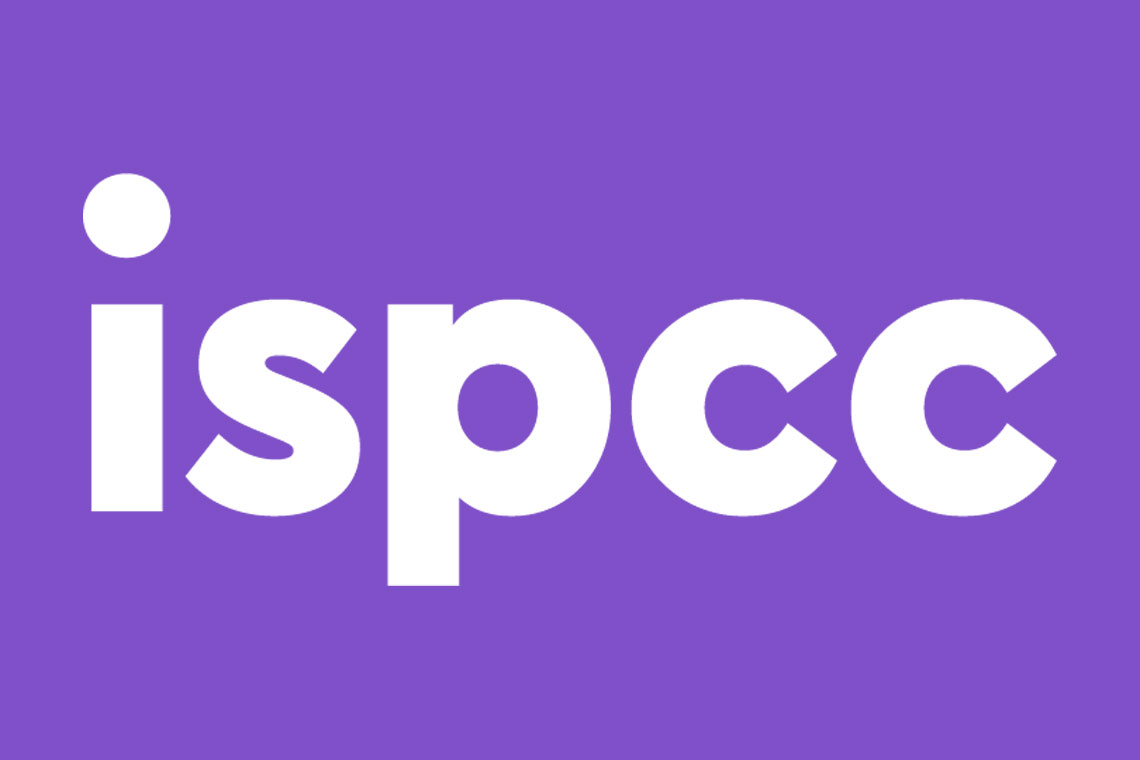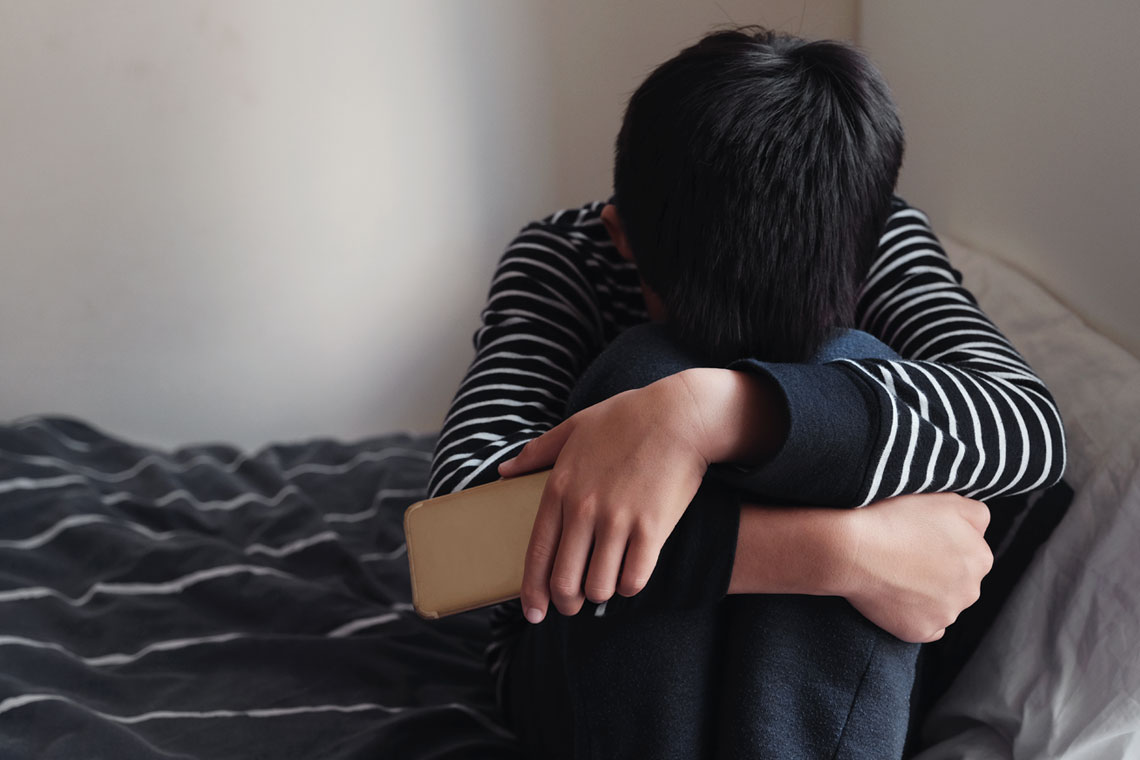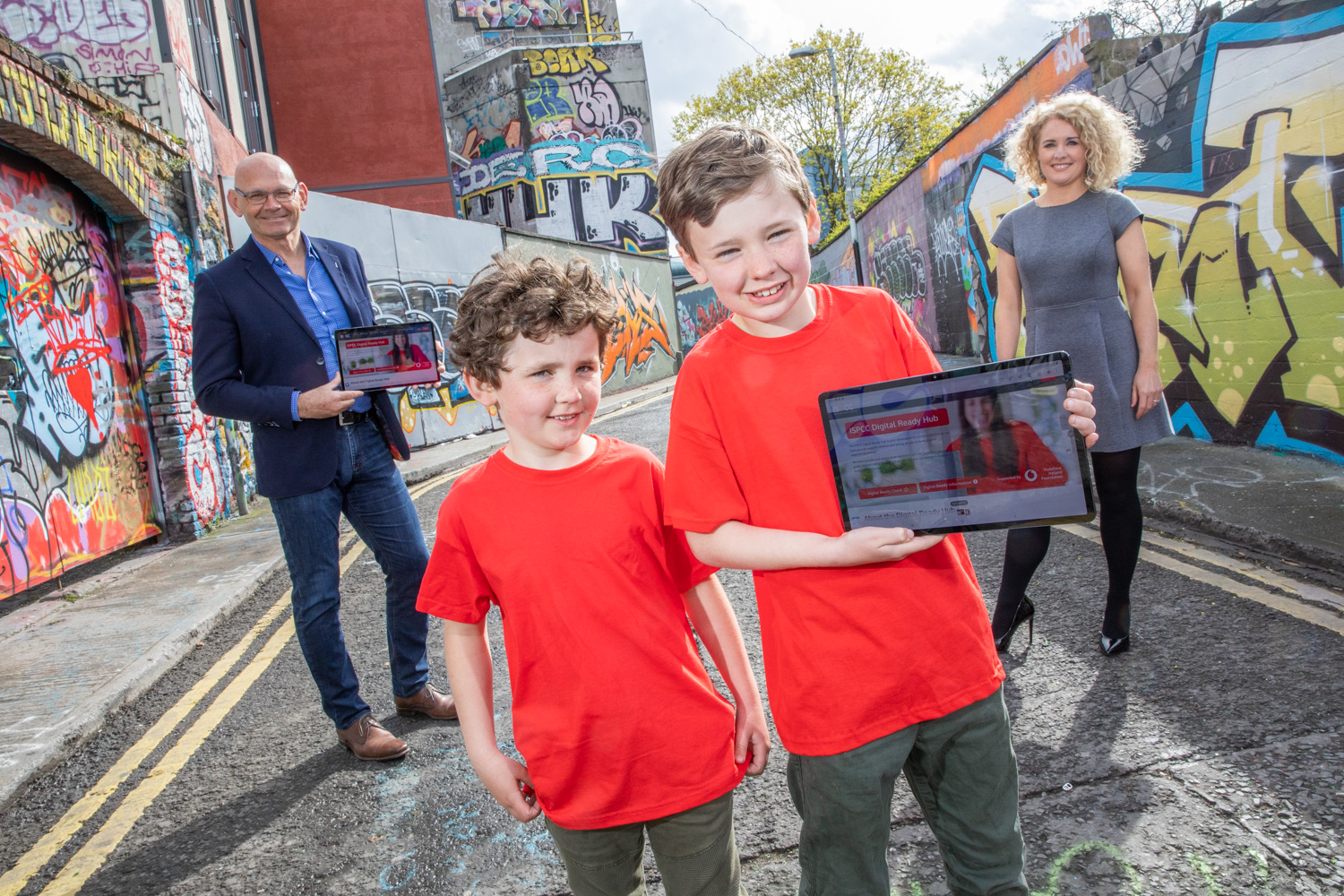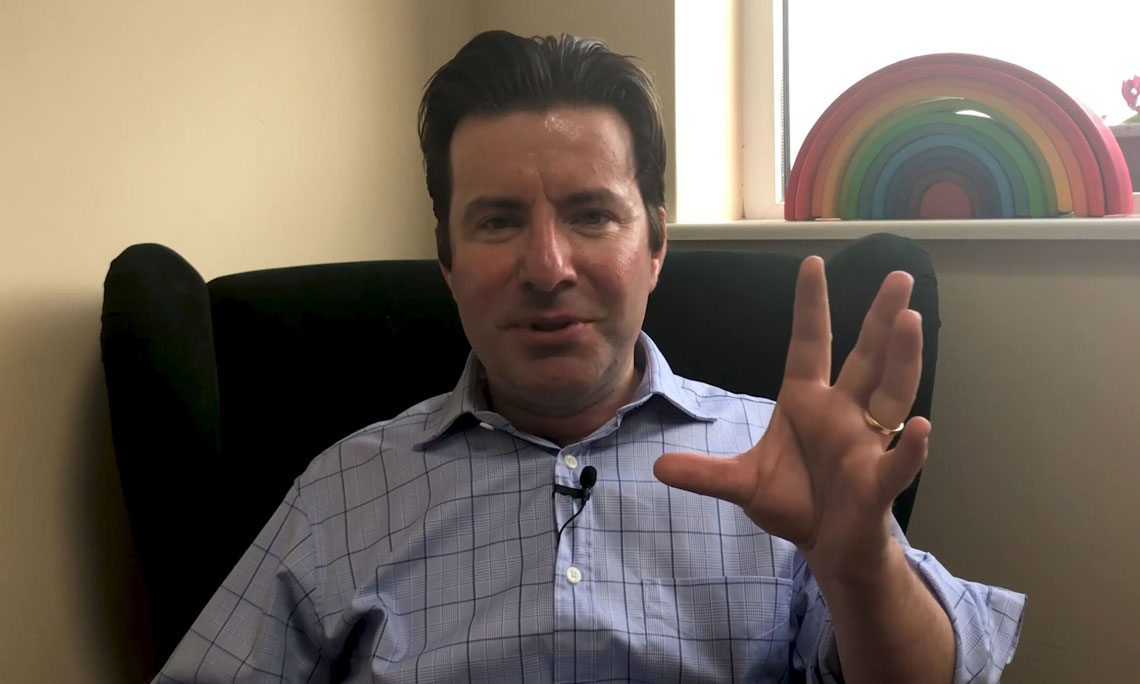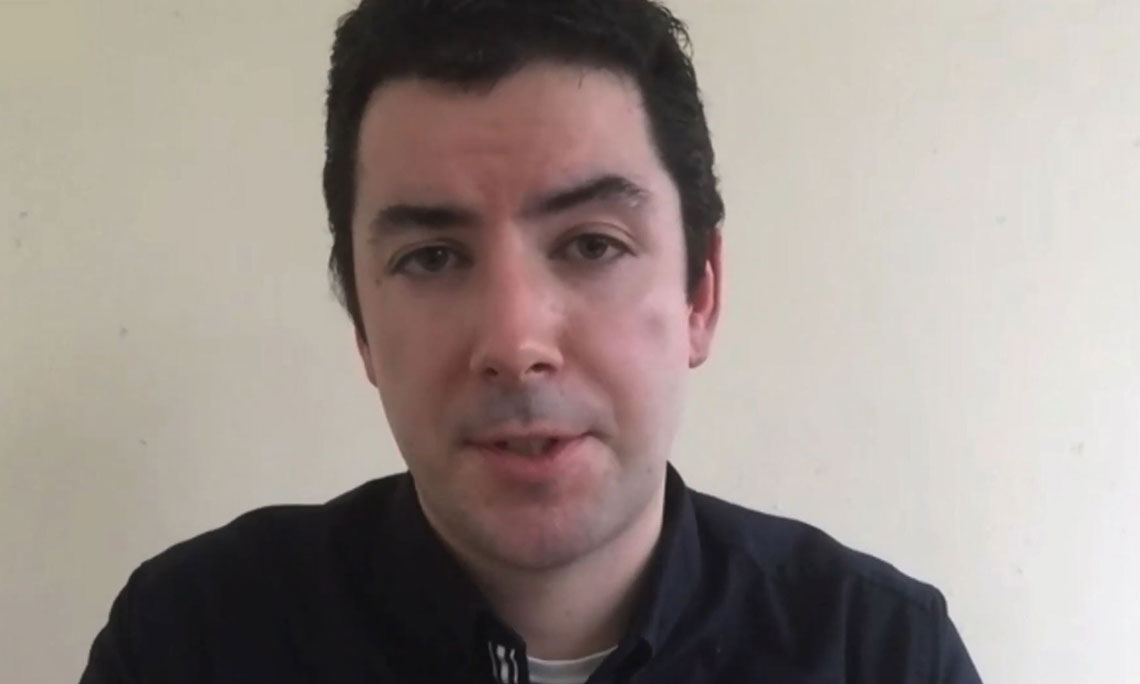When it comes to school life, bullying has always been a concern. In more recent times the issue of cyberbullying has become more prevalent.
Continue readingISPCC welcomes the establishment of new intimate image abuse reporting service
‘Break the Cycle: one report at a time’: ISPCC commends Hotline.ie on its dedication to combatting child sexual abuse online
Online video games and children: How to control their spending
When it comes to entertaining children of any age, particularly during the school holidays, the pastime of choice for many children and teenagers is playing video games.
Continue reading‘More Questions than Answers’ says ISPCC as it responds to Oireachtas Committee hearing on Online Safety Bill
The ISPCC eagerly tuned into the Joint Oireachtas Committee tasked with the pre-legislative scrutiny of the Online Safety and Media Regulation Bill
Continue readingOnline safety bill must include independent reporting mechanism, ISPCC urge
Swift action must be taken for children and young people across Ireland suffering the devastating impacts of cyberbullying
Continue readingISPCC joins global child protection experts for NSPCC roundtable on end-to-end encryption
The ISPCC today joined international child protection experts for a major roundtable event to probe re-setting the debate on end-to-end encryption
Continue readingISPCC and the Vodafone Ireland Foundation launch Digital Ready Hub to help parents and carers keep children safe online
The portal is designed to help parents and carers learn about how they can support children and young people to be safe online
Continue readingTeaching your children the importance of privacy on social media
Author Dr Ciarán Mc Mahon talks about the need for parents to stay up to date with social media platforms.
Continue readingChildren’s Rights and the Age of Digital Consent
Research and Policy officer Andrew Carroll explains the need to have a specific age of digital consent.
Continue reading
